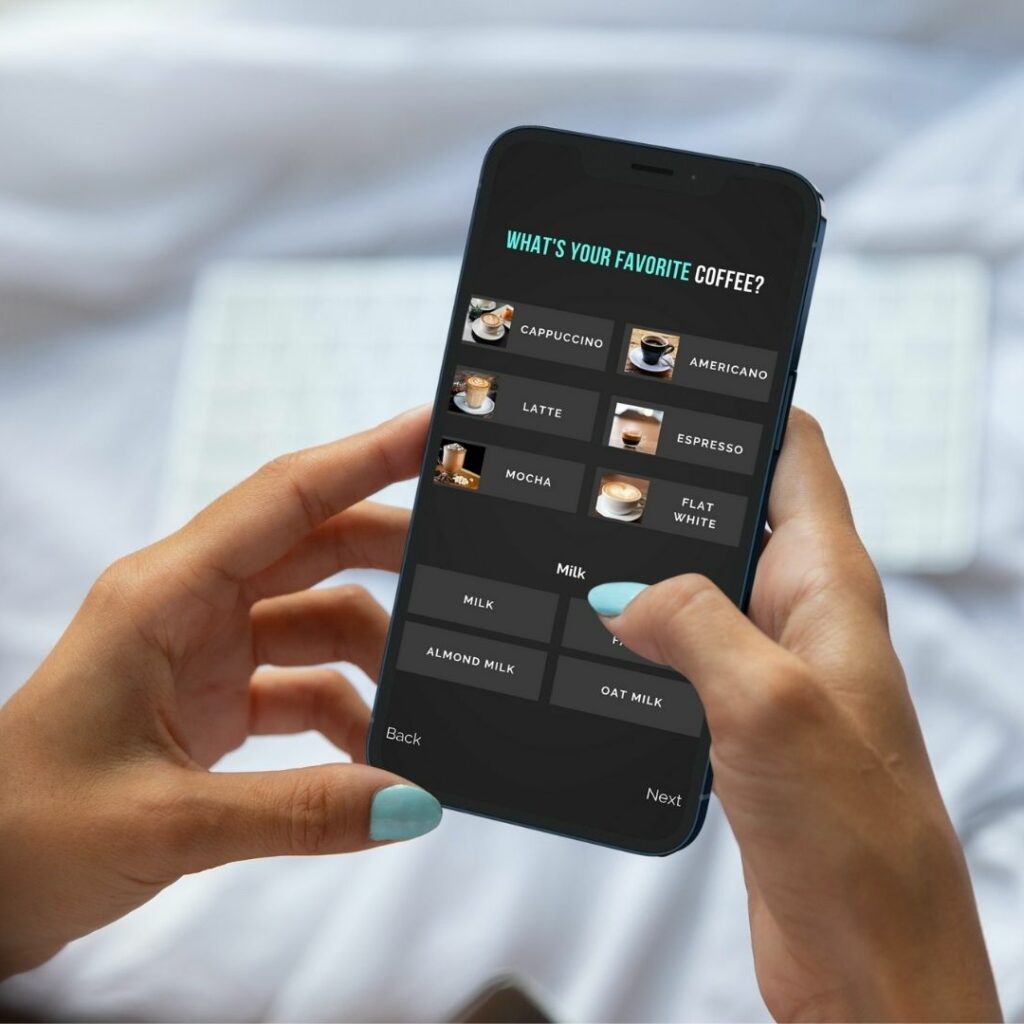For years, brands have been using third-party cookies to track website visitors, improve the user experience, and collect data that helps target ads to the right audiences.
They are also used to learn about what our visitors are checking out online when they aren’t on our websites.
Cookies have meant that detailed buyer personas have been available on social media and CRMs and these platforms were loaded with masses of aggregated third-party data sets.
However, third-party cookies aren’t long for this world… by 2024, Google will have phased out cookies on Chrome, while Safari and Firefox have already stopped tracking users via third-party cookies.
What will this mean? Brands will no longer be able to track customers across the internet, and build personas based on customers’ browsing. The ability to use retargeting to provide personalized offers and boost conversions will be gone.
App Tracking Transparency guidelines
Further complicating the issue of digital advertising has been the advent of App Tracking Transparency (ATT) guidelines for iPhone users, which means users have had to opt-in to being tracked across apps, and only 4 per cent of iOS users are choosing to be tracked. Google has also implemented restrictions on tracking users between apps on Android devices.
What does this mean? Meta (Facebook and Instagram), Snapchat and TikTok can no longer track users to build accurate customer profiles for social media advertising, and the ATT guidelines have resulted in $17.8 billion in lost revenue among Facebook, Twitter, Snap, and YouTube so far in 2022.
These two changes in tracking consumers have meant a huge decline in the ability to run effective targeted social media advertising and it is also expected to increase ad buying costs by 200%.
Unfortunately, many marketers seem unaware of the changes.
Despite the end of cookies and all the changes to mobile ad-tracking, a new survey by Cheetah Digital, “Path to Personalization,” reveals that many marketers indicate they still plan to rely on cookies.
Why? According to Cheetah Digital’s analysis, many marketers are relying on their media agencies to “fix” the issues and give them a path forward.
New Global Data Protection and Privacy Regulations
To add to the changes, there are a wide range of new global data protection and consumer privacy laws.
In 2018, the General Data Protection Regulation (GDPR) went into effect, offering data privacy and user protections to citizens of the European Union (EU) and European Economic Area (EEA), which have since been followed by Colorado, Virginia and California, which enact the laws in 2023, while many other US states are following in their footsteps.
Australia’s data privacy is enshrined through the Privacy Act 1988, and through the Australian Privacy Principles — these are expected to be updated in line with the new global data privacy laws.
The new international laws provide transparency for how a business or organisation collects, stores, processes, and shares personal consumer data, and obtains consent from the consumer before using that data.
The laws require that consumers are notified of the collection of personal data and to have a specified purposes and limitation on the collection and use of that personal information.
These data privacy regulations will require organizations to create and maintain comprehensive data privacy programs, with an expectation to update them regularly.
What does this mean? Businesses will no longer be able to use data without the customer’s explicit consent. A business must provide notice to consumers of the collection of their personal data and to have specified purposes for the use of that information.
Consumers must also be able to access and delete their personal information.
However…
Many organizations are not informed about the changes to cookies and the new global privacy laws, which will mean that they are both unable to understand their customers and will be non-compliant with the data and privacy laws.
Looking to the Future
With the new legislation coming into force, marketers who are aware of the changes are being forced to update their practices to ensure they continue to maintain and deepen relationships with their customers while being compliant with the new regulations.
It’s a catch-22 for many marketers — tightening regulations and far fewer resources, while customers are demanding a far more personalized experience with brands.
Brands that embed personalised customer experiences into their organisation increase profitability by up to 60%.
What can savvy marketers do next to deliver more personalization, and also meet privacy demands?
Let’s face it — tracking customers via cookies is not personalization anyway — it’s snooping.
Marketers need to shift to a first- and zero-party data strategy to power their advertising and marketing initiatives.
What is Zero Party Data?
“Zero-party data is that which a customer intentionally and proactively shares with a brand. It can include purchase intentions, personal context, and how the individual wants the brand to recognize her.” — Forrester Research
Rather than making inferences and assumptions, you simply ask the customer about their preferences and choices.
If they trust your brand and value the interactions they have with you, consumers will willingly and intentionally share. The data, insights, and permissions they provide can then be used to power personalised marketing across all stages of the customer lifecycle.
And guess what…
83% of customers are willing to share their data to enable a personalized experience!
Early adopters of zero party data marketing campaigns are already seeing great results.
An example of the impact that driving customer relationships with zero-party data is a recent campaign undertaken by American Airlines.
Questions included anything from where and when they planned to travel, to what kind of items they typically pack, through a fun, almost gamified, experience.
That information was then used to provide destination recommendations, one immediately and another 30 days later. The idea was to give travellers new ideas and motivate them to act on them.
The results were amazing. Of those who began the survey, 84% finished.
The emails sent afterwards had over 54% open rates. All this resulted in a lift in revenue as well.
Zero party data is the way of the future — it will soon be the only way you really know your customer while ensuring that you meet global data protection and privacy laws.
Would you like to be one of the first to move to using zero party data? It’s easy, join Plezed.com (free!) which makes getting zero party data for your organization incredibly simple.

